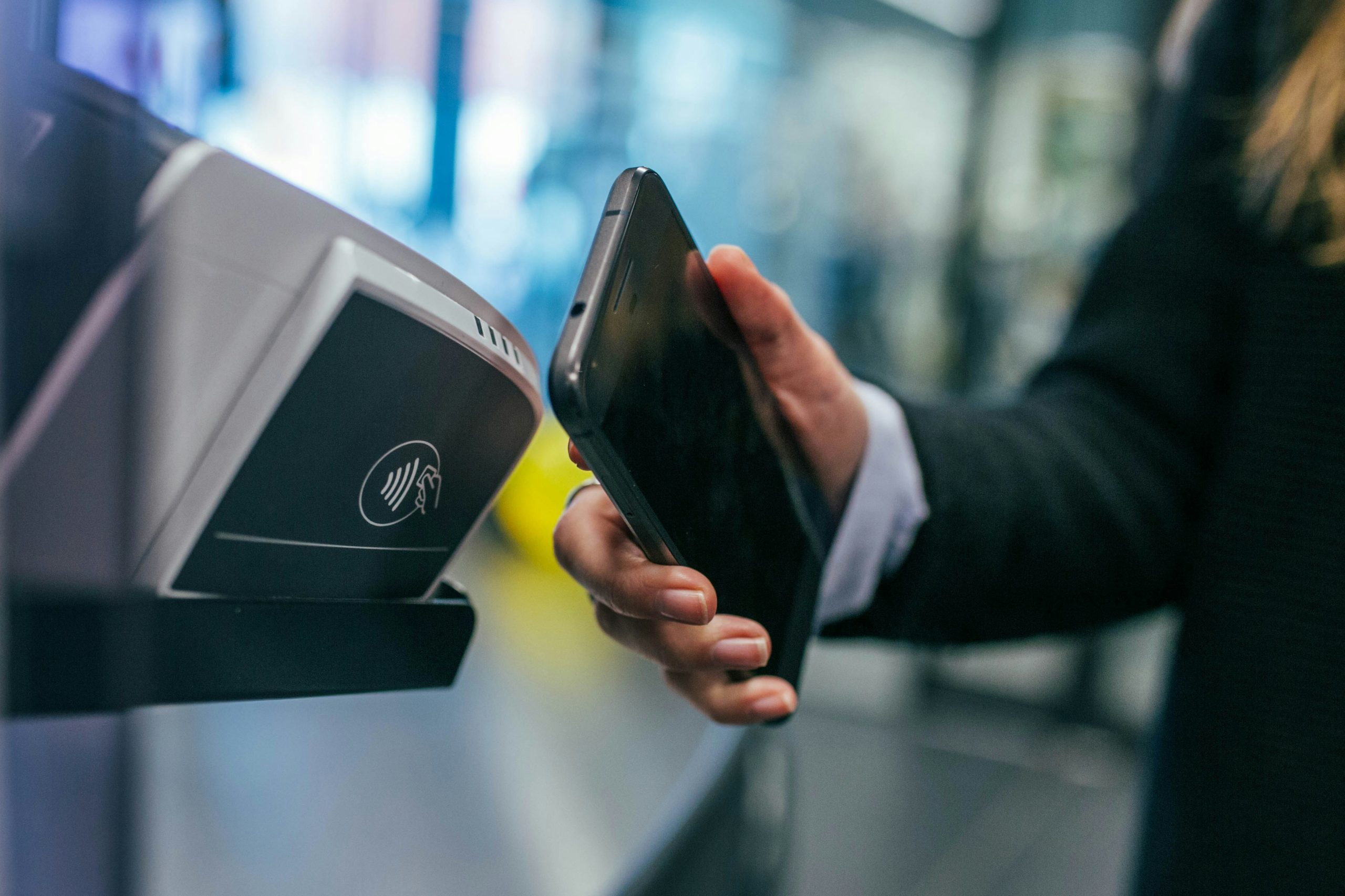Cash App, a popular mobile payment platform developed by Square Inc. (now Block Inc.), allowed users in the UK to send and receive money instantly. However, in early 2023, Cash App abruptly announced its decision to end operations in the UK, leaving many users wondering why it happened and what alternatives are available. Here, we’ll delve into the reasons behind Cash App’s exit from the UK market, its impact on users, and what this shift means for UK residents seeking seamless payment solutions.

Reasons for Cash App’s Exit from the UK
Cash App’s decision to pull out from the UK wasn’t the first instance of a digital payment service adjusting its offerings or pulling out from international markets. There are several possible factors that influenced Cash App’s decision:
1. Market Competition: The UK has a highly competitive digital payment market. Companies like Revolut, Monzo, Starling, and traditional banks with robust online banking systems dominate the landscape, offering strong alternatives for mobile payments and peer-to-peer (P2P) transfers. Cash App’s limited UK user base and stiff competition likely contributed to the company’s decision to focus on more profitable markets like the US.
2. Regulatory Challenges: Operating in the financial sector in multiple countries involves strict compliance with local regulations. The UK has stringent financial regulations to protect consumers, which require substantial investment in compliance infrastructure. For Cash App, which has built its brand on simplicity and low fees, meeting these regulatory demands could have presented challenges that outweighed the benefits of remaining in the UK market.
3. Focus on Cryptocurrency and Investment Features: In recent years, Cash App has evolved beyond simple P2P transfers and ventured into areas like cryptocurrency trading and investing, especially in the US. However, these services weren’t available in the UK, which meant that UK users were only using a limited version of Cash App’s offerings. Focusing on its core market in the US, where it can fully leverage its broad feature set, may have been a strategic decision for the company.
How Cash App’s Departure Affects Users
For UK residents who relied on Cash App for payments, the service’s departure was inconvenient but not catastrophic. Here are the primary ways this move impacts former users:
– Loss of a P2P Payment Option: Cash App provided a quick, easy way to transfer money between friends and family without the fees or delays of traditional bank transfers. With its exit, users may have to revert to bank apps, which typically don’t offer the same immediacy or simplicity, or explore alternative P2P payment apps.
– Disruption of Cash Flow for Small Businesses and Freelancers: Some small businesses and freelancers in the UK used Cash App for quick payments from customers and clients. These users will need to switch to another payment provider, which may involve adjusting their payment processes and potentially incurring additional fees with new services.
– Impact on International Payments: Cash App allowed UK and US users to send money to each other, making it convenient for those with friends, family, or business contacts across the Atlantic. The departure leaves these users searching for alternative services that offer low fees and convenient international transfers.

What Are the Alternatives?
Fortunately, the UK offers various digital payment alternatives, many of which provide similar features to Cash App:
1. PayPal: PayPal is widely used for online and P2P payments. It supports international transfers and has established security features, though fees may apply for certain transactions.
2. Revolut: Known for its multi-currency accounts and low international transfer fees, Revolut is a popular option for UK residents. Revolut offers features beyond simple P2P transfers, such as cryptocurrency trading, investments, and budgeting tools.
3. Monzo: Monzo is a digital bank that provides banking features, including instant money transfers, budgeting, and even loans. It’s particularly popular in the UK for its user-friendly interface and real-time notifications.
4. Starling Bank: Starling Bank, another UK-based digital bank, offers free current accounts with quick transfer options and budgeting tools. It’s often favored for its no-fee international transfers within Europe and robust mobile banking experience.
5. Wise (formerly TransferWise): Wise specializes in international transfers at competitive rates, with transparent fees and the ability to hold multiple currencies. While it’s more tailored for international payments, it can also be used for local P2P transactions within the UK.
What This Means for the Future
Cash App’s exit from the UK is a reminder of the fluid nature of fintech services. Companies must constantly balance regulatory challenges, market demand, and competition when expanding or retracting internationally. For UK users, the departure underscores the importance of having multiple payment options and being adaptable to service changes.
While Cash App’s decision may be disappointing for loyal users, the UK market remains rich in innovative digital banking and payment services. Ultimately, this shift may encourage users to explore new financial services with features that align with their needs, whether for P2P payments, international transfers, or digital banking. As fintech continues to evolve, UK residents can expect to see more tailored, secure, and efficient digital payment solutions emerge, catering to a range of personal and business needs.
In conclusion, Cash App’s departure from the UK reflects strategic decisions shaped by market conditions and competitive forces. For UK users, it may be an opportunity to explore services that can offer similar—if not better—experiences suited to the UK’s highly developed financial landscape.






